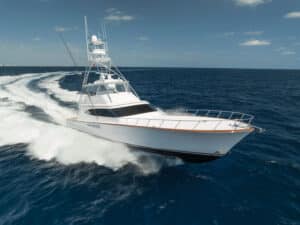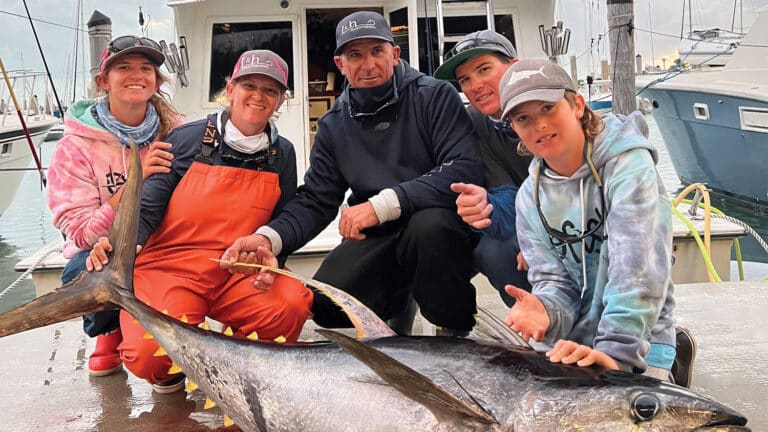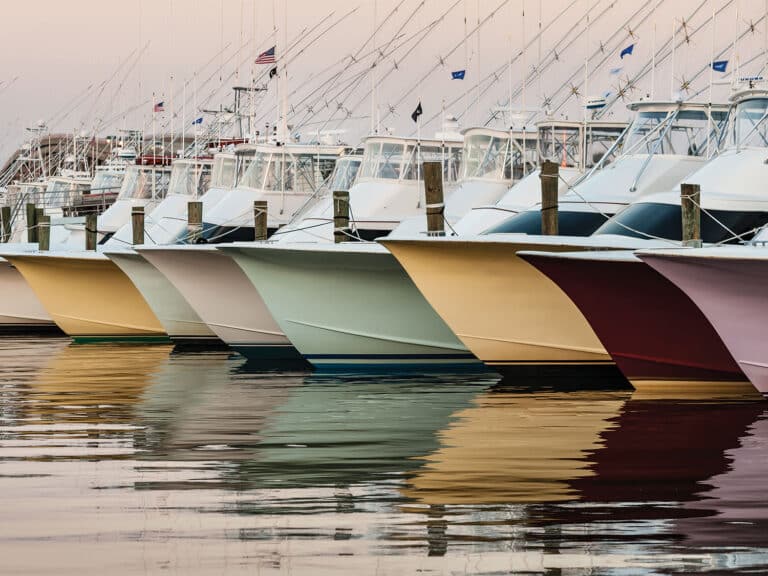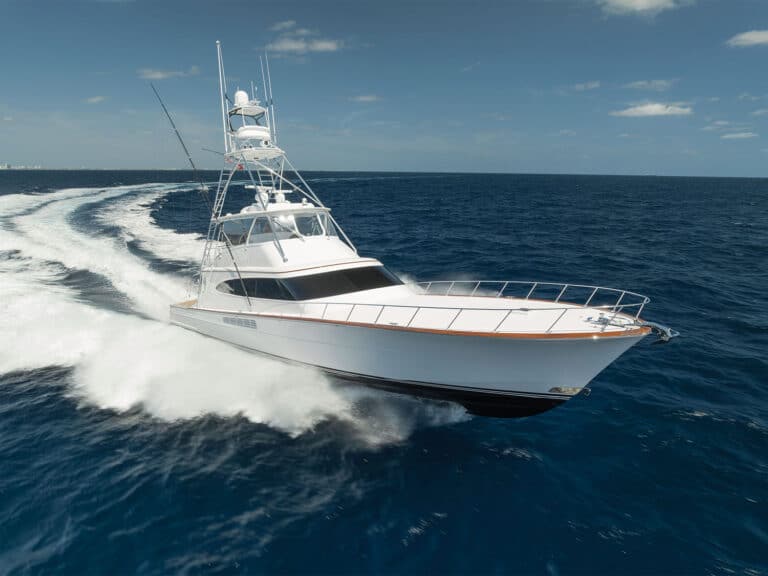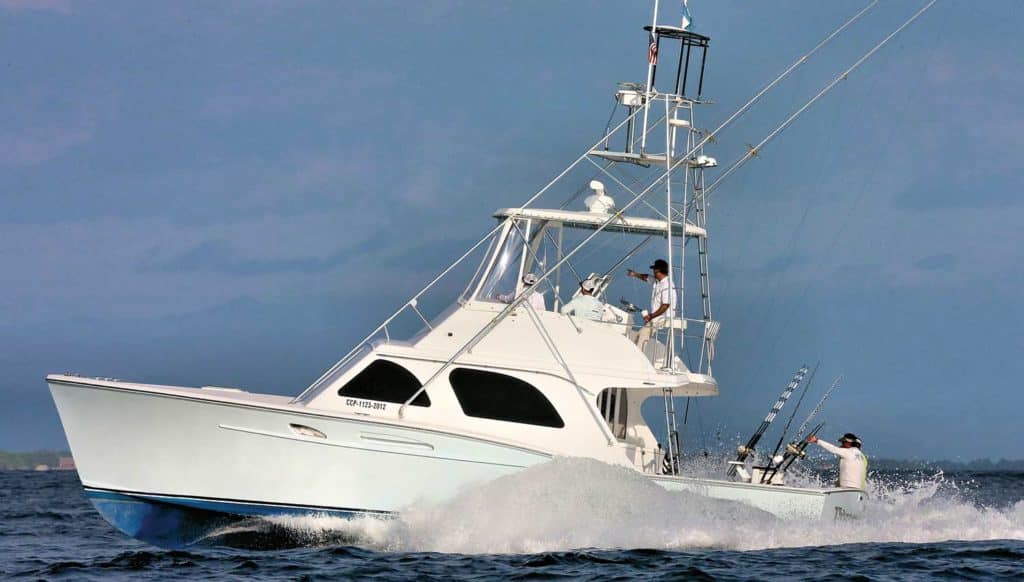
Over the past several years, marine insurance has become more expensive and increasingly more difficult to bind, primarily for owner-operators. Insurance is all about risk assessment, so as more inexperienced individuals have become interested in vessel ownership, and because boats have become more valuable and powerful, the carriers have responded with more-stringent conditions and higher premiums. Insurance has now become an important part of the purchase process for owner-operators because it is no longer a foregone conclusion a policy will exist that fits a buyer’s budget or allows for their desired use of the vessel.
Boating Résumé
From a buyer’s standpoint, it is important to understand what an underwriter analyzes when quoting insurance. A marine-insurance agent will typically ask a prospective buyer or owner to provide a boating résumé, information from which is sent to various carriers. Generally speaking, underwriters analyze an owner’s previous vessel ownership, operating experience and claim history, among a variety of other factors, to determine whether they are willing to provide coverage, and if so, the price of the policy. As basic as it seems, the analysis goes much deeper than it appears on its surface.
Watch: Marlin in the dredge!
Important Factors to Understand
For starters, underwriters scrutinize how much a buyer is jumping up in size from one vessel to the next. Purchasers who have acceptable claim history and suitable experience on the water operating vessels of different sizes typically do not have difficulty obtaining quotes from a variety of providers. For example, an owner should not have an issue obtaining insurance for a sport-fisher if he started with a small center-console and gradually worked his way up in size. On the other hand, purchasing a sport-fisher, or even a large center-console, without having prior experience on a similarly sized vessel might make finding coverage difficult without hiring a captain approved by the carrier or paying an extremely high premium. Each carrier can be different and each scenario is analyzed separately, but the general rule of thumb is that it can be difficult to secure insurance on a vessel if the increase in size is greater than about 12 feet.
The type, age and usage of a boat is also important to underwriters. For example, carriers treat triple- and quad-powered center-consoles much differently than single- or twin-engine vessels. Not only can coverage be more difficult to obtain on vessels with more engines and horsepower, but the premiums are also much higher, especially for owners who have never owned a boat with at least three engines. Additionally, each underwriter has different rules with respect to the age of a vessel; some will not insure boats over 40 years old, others limit it to 30, and some even down to 20 years of age, regardless of the condition.
Coverage and premiums can also be determined by the location of a vessel. Underwriters must consider the risk of named storms, theft and many other factors. Florida and other Gulf Coast states have become especially stringent and more expensive in recent years.
Read Next: Learn to make the best of what you have when it comes to rigging baits.
What Can You Do?
Unfortunately, there isn’t much an owner or buyer can do if his résumé does not meet an underwriter’s criteria. A buyer might be forced to pay a high premium or required to hire an approved captain if purchasing a vessel well outside their realm of experience. Most importantly, I always recommend my clients contact a reputable marine-insurance agent. In my opinion, it is wise for a prospective buyer to contact an agent before even searching for a vessel, and certainly prior to making an offer, signing a contract or final acceptance to ensure that the boat being purchased is reasonably insurable based on their previous experience and desired usage. The last thing an owner-operator wants to find out right before he closes is that he is unable to secure coverage without a full-time approved captain, or that his premium is significantly more expensive than expected and well outside his budget.
To be fair, marine insurance is a complicated subject matter, and this article covers only the tip of the iceberg. As mentioned previously, it is no longer a foregone conclusion that all buyers will be able to find a suitable policy, so it is important for inexperienced owners to take steps to ensure that a particular type of vessel is insurable prior to signing a contract. A prospective buyer should always have an experienced marine-insurance agent to work with when purchasing a vessel; they are a great resource, even for maritime attorneys.
Raleigh P. Watson is a contributing author, and a Partner at Miller Watson Maritime Attorneys. This article was originally published in the August/September issue of Marlin.


